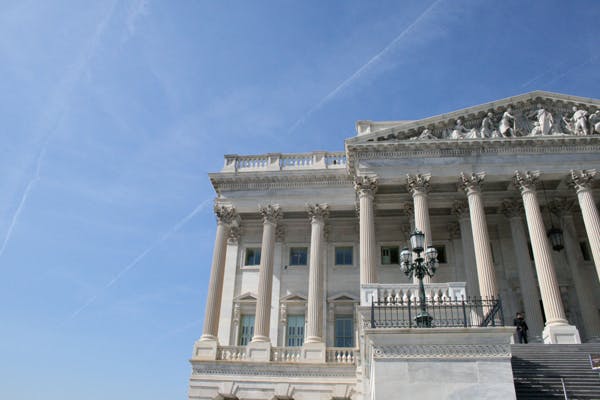Explore Our Network of Sites
Search
By:

PeopleForBikes is closely monitoring the consequences of COVID-19 on the health and economic security of the United States, especially for those in and around the bicycle industry. We are working hard in Washington, D.C., where relief packages that could benefit bicycling are rapidly moving through the legislative process. We’re also working across the U.S. to ensure that bicycle retailers are considered “essential businesses” for those who want to remain open and for people who need to bike.
This blog covers recent federal actions that will affect your business operations and personnel management. That said, for more resources on how to advocate at the state level for “essential business” status and other policies that support the bike industry, check out our comprehensive resources page. PeopleForBikes has sent letters to most state governments urging them to recognize the essential roles that bike shops play in our communities.
Back to our federal update… On March 18, 2020, the Families First Coronavirus Response Act (FFCA) was signed into law by President Trump. This legislation provides additional paid sick leave and expanded Family and Medical Leave Act (FMLA) benefits for employees of small businesses. You can access the Department of Labor’s guidance on the law’s implementation here, as well as more information for employers and employees.
On March 27, President Trump signed into law the Coronavirus Aid, Relief, and Economic Security (CARES) Act, which provides $2 trillion in spending and tax provisions for companies and organizations of all sizes. This legislation includes a number of provisions that small businesses and employees in the bike industry may be able to take advantage of to help their business. Highlights are below and a full list of benefits are here.
We know uncertain times are ahead. We will continue to provide the information you need to make the best decisions for you, your employees and your company. Congress will most likely continue to develop additional stimulus packages in the coming weeks and months, and we will continue to push for provisions that will benefit your businesses, your employees, local infrastructure and more.